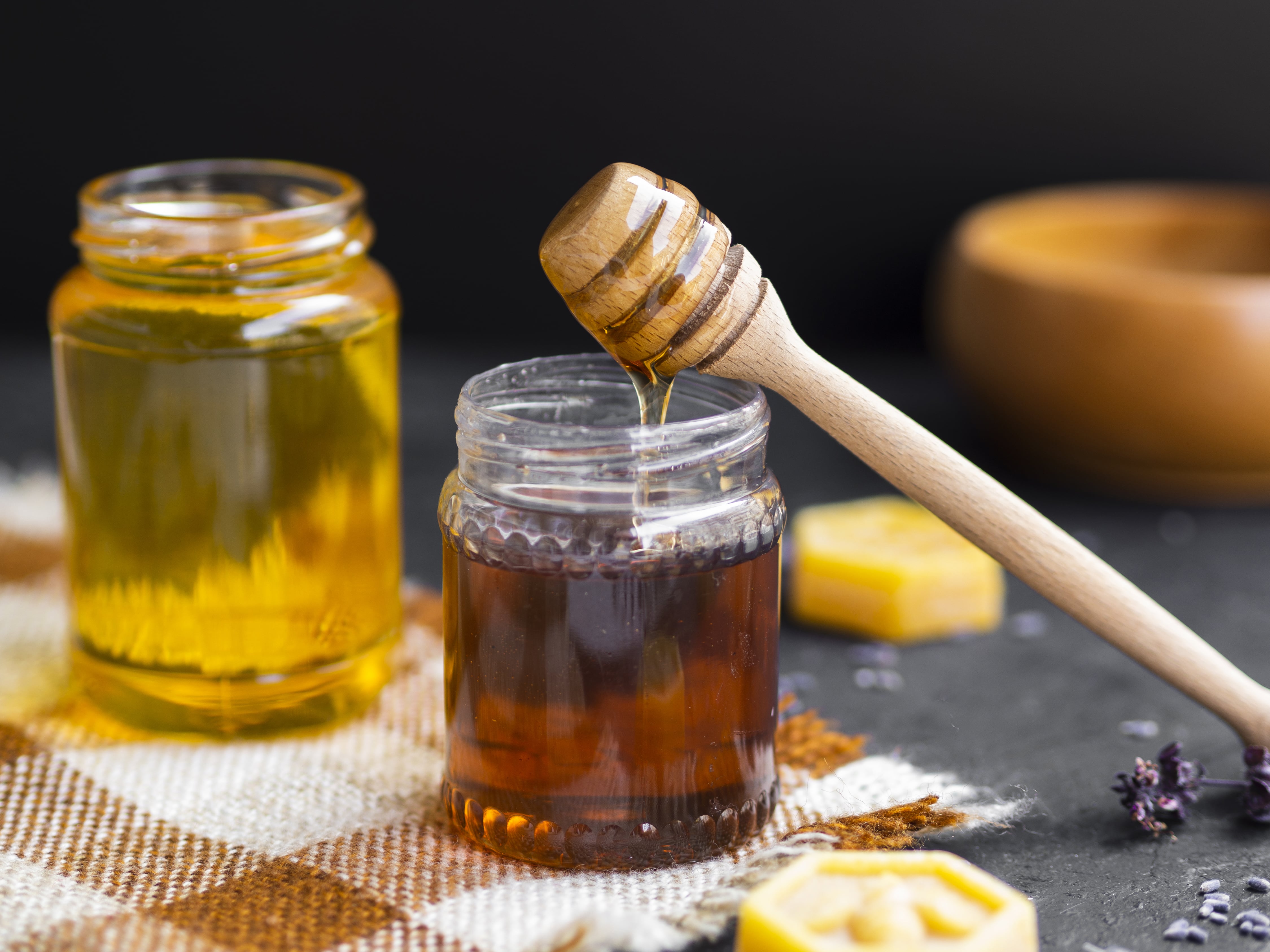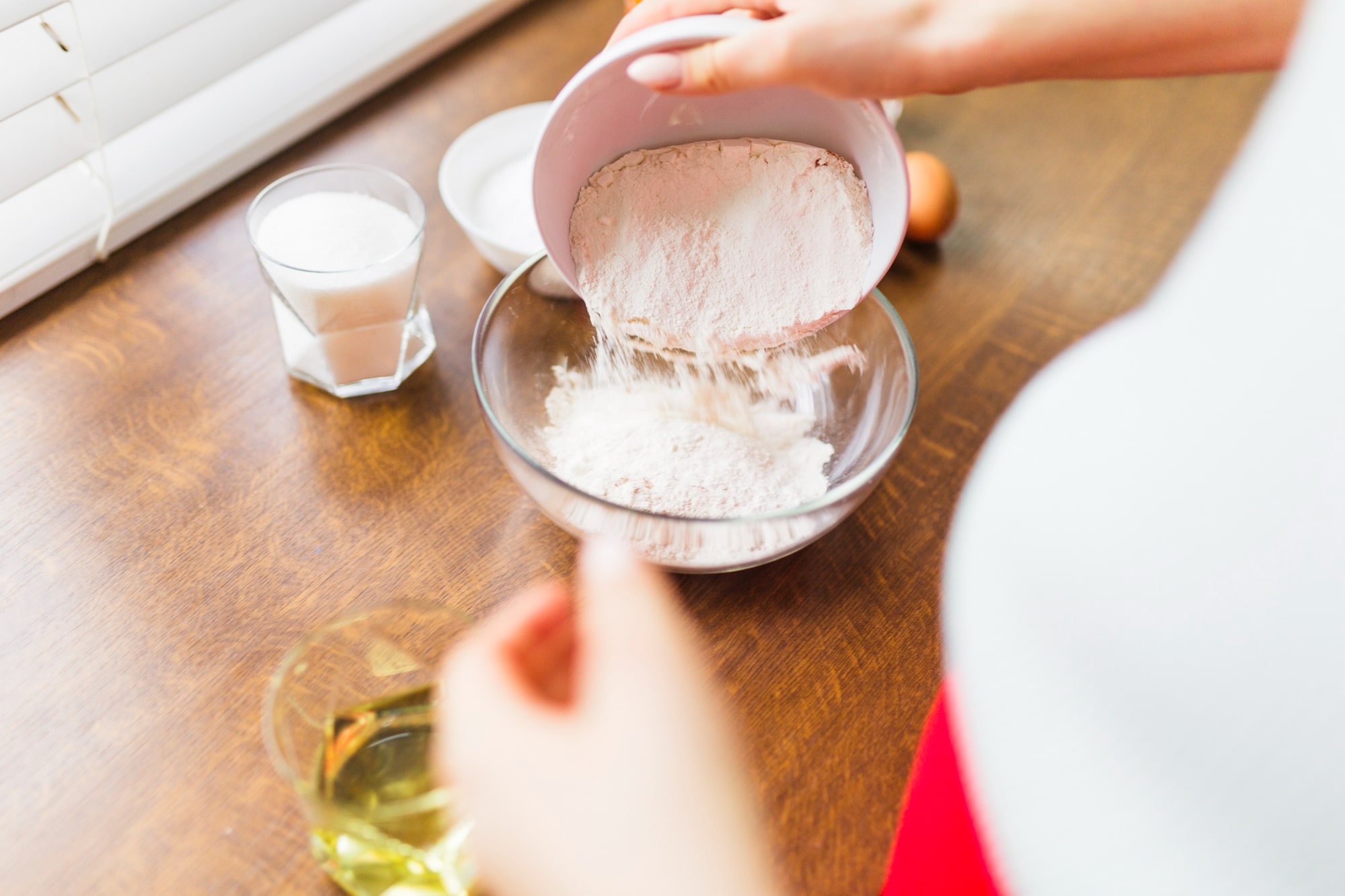Home Remedies
There is no cure for a cold or the flu, but a bowl of chicken soup or a cup of hot ginger tea with honey can help manage the symptoms. Some home remedies — such as vitamin C — may slightly reduce the length of time you are sick.
- Body aches, fever, chills, and nasal congestion can make you feel miserable.
- While home remedies can’t cure a cold or the flu, they can help relieve symptoms — such as body aches, fever, chills, nasal congestion — during your recovery.
- But, if symptoms don’t improve or you have trouble breathing, rapid heartbeat, faintness, or any severe symptoms, it’s best to seek medical help.
- Here, find out what cold and flu remedies you can try at home.
1. Chicken soup
There is no scientific proof that chicken soup can cure a cold or flu or speed up recovery, but its ingredients contain nutrients that support your immune system. It’s also a comforting food that provides hydration and may help you feel better overall.
There is also some evidence that the nutrients in chicken soup may slow the movement of neutrophils in your body.
Try this recipe for chicken soup. You’ll need chicken, carrots, celery, and an onion. Alternatively, consider bone broth, which may also have health benefits.
If you’re using canned soup, opt for low sodium soup varieties.

2. Ginger
Ginger has antioxidant, antimicrobial, and anti-inflammatory properties. Uses includeTrusted Source reducing muscle pain and managing nausea.
Make tea by simmering a few slices of raw ginger root in boiling water.
As well as providing hydration, it may soothe muscle pain, ease a sore throat, and reduce nausea if present.
Is ginger water good for you?

3. Honey
Honey has a variety of antibacterial and antimicrobial properties. Drinking honey in tea with lemon can ease sore throat pain. ResearchTrusted Source suggests it may also act as a cough suppressant.
You should never give honey to a child younger than 12 months, as it may contain botulinum sporesTrusted Source. While they’re usually harmless to older children and adults, infants’ immune systems aren’t able to fight them off.
Should I try raw honey?

4. Garlic
Garlic contains the compound allicin, which has antimicrobial and possibly antiviral properties.
Adding garlic to your diet might reduce the severity of cold symptoms. According to some research, it might even help you avoid getting sick in the first place.
More research is needed into the potential cold-fighting benefits of garlic, but adding more garlic to your diet probably won’t hurt.

5. Echinacea
Native Americans have long used the herb and root of the echinacea plant for medicinal purposes.
Its active ingredients include flavonoids, chemicals that have many therapeutic effects on the body. For example, flavonoids can boost your immune system and reduce inflammation.
Evidence indicates echinacea may help prevent a cold but is unlikely to shorten it. One 2020 study suggests that taking echinacea may help treat common cold symptoms in children.

6. Vitamin C
Vitamin C is an antioxidant that plays many important roles in your body, including supporting the immune system.
Good dietary sources of vitamin C include:
- citrus fruits
- red peppers
- green leafy vegetables, such as broccoli
Adding fresh lemon juice to hot tea with honey may reduce phlegm when you’re sick. Drinking hot or cold lemonade may also help.
Vitamin C in the diet or as supplements is unlikely to prevent a cold, but some evidence suggests it may improve symptoms and may slightly shorten the time a cold lasts.

7. Probiotics
Probiotics are “friendly” bacteria and yeast that are present in your body, some foods, and supplements.
They can help keep your gut and immune system healthy and may reduce your chance of getting sick with an upper respiratory infection, as well as how long the infection lasts. However, more studies are needed.
Probiotic yogurt may benefit your immune system as well as providing protein and calcium. Look for products that list live bacteria on the label.

8. Salt Water Gargle
Gargling with salt water may help prevent upper respiratory infections. It may also decrease the severity of cold symptoms, for instance, by easing sore throat pain and nasal congestion.
A saltwater gargle can reduce and loosen mucus, which contains bacteria and allergens.
To try this remedy at home:
- Dissolve 1 teaspoon of salt in a full glass of water.
- Swish it around your mouth and throat.
- Spit it out.

9. Saline Nasal Irrigation
Using a saline spray or a neti pot may help relieve nasal congestion with a cold, and it might help with some symptoms of an upper respiratory tract infection.
However, be sure to use only distilled, sterile, or previously boiled and cooled water and to wash a neti pot thoroughly between uses. Not doing so could introduce microbes that could lead to potentially serious infections.

10. Topical Ointments
Ointments containing camphor, eucalyptus oil, and menthol, such as VapoRub, may reduce a nighttime cough.
One or two dabs before bed can help open air passages and help improve:
- congestion
- sleep
- coughing
Use it up to 3 times in every 24 hours. VapoRub is not suitable for children under 2 years, and ask your doctor before using it on older children.

11. Essential Oils
Some essential oils can help manage the symptoms of a cold, flu, and other respiratory conditions. This is due to their microbial, pain-relieving, or anti-inflammatory properties.
Examples include:
- eucalyptus
- peppermint (menthol)
- Frankincense
- thyme
- tea tree
Use a diffuser or add a few drops of essential oil to a warm bath.

12. Humidity
Increased humidity may help reduce dryness and inflammation in the nose and throat.
A humidifier in your bedroom or elsewhere in your home may help you feel more comfortable. Adding a few drops of eucalyptus oil might also help relieve congestion.
For the same effect without a humidifier, take a long shower or linger in a steamy bathroom.
Remember, the water used in humidifiers needs to be changed daily to stop mold and other fungi from growing. Also, when it comes to children, it is safer to use a cool-mist humidifier.

13. Elderberry
Some studies suggest that elderberry supplements may help relieve the symptoms of upper respiratory tract infections and flu.
However, more research is needed.

14. Warm Baths
Sometimes, you can reduce a child’s fever by giving them a warm — but not hot — sponge bath. Warm baths may also help reduce cold and flu symptoms in adults.
Adding Epsom salt and baking soda to the water may reduce body aches.

15. Boost Your Immune System
Boosting your immune system probably won’t help if you already have the flu, but it can protect you from other bouts and more severe symptoms in the long term.
Tips include:
- Getting at least 7 hours of sleep at night
- Following a varied and nutritious diet
- Getting regular exercise
